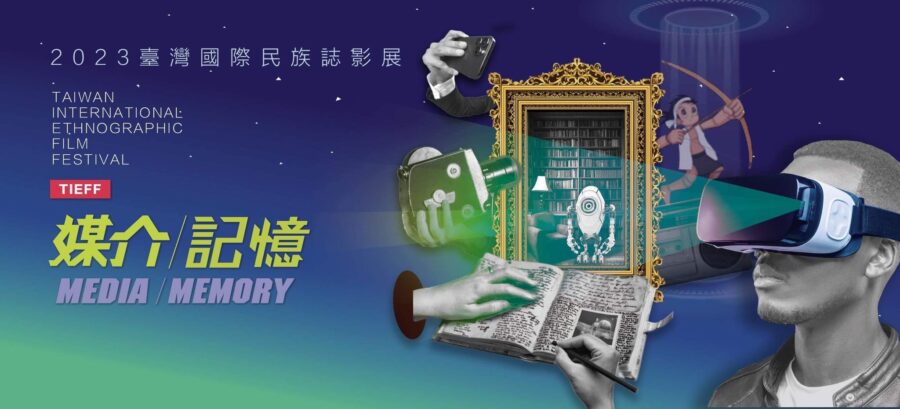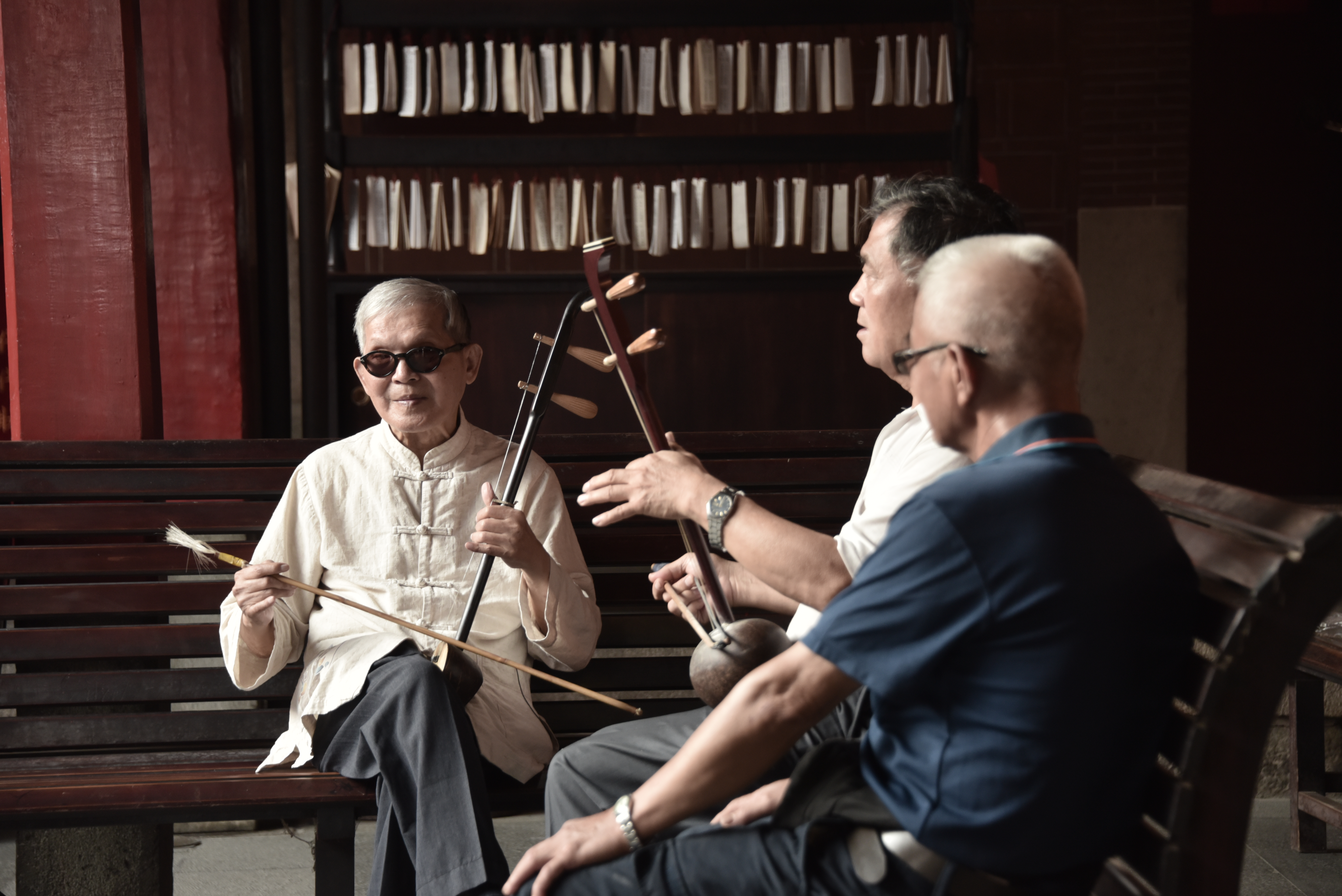The Challenge of indigenous education: practice and perspectives
The Ministry of Education has urged colleges and universities to establish a Bachelor’s Degree Program for Indigenous Peoples since 2003
But as far as positioning is concerned, this is not a general department , and there is no general department with at least seven full-time professors . Some of the Bachelor’s Degree Program for Indigenous Peoples ,there is not even a full-time professors. Building higher education with indigenous people as its main focus is difficult due to the lack of resources and unfriendly system, making it difficult to construct.
In the documentary, we see that Professor Tjuku is working tirelessly to obtain different resources. She is responsible for carefully developing the course content that the Bachelor’s Degree Program for Indigenous Peoples should have, with the aim of nurturing students who are familiar with traditional culture and integrating professional disciplines. Talent at the service of Indigenous society from an Indigenous perspective.
Although the students Taba,Azima and Kaynga grew up in the city, they are very active in finding the relationship with the mountains through courses and practice, and finally they can walk into the mountains alone. They presented and shared their understanding of the traditional pitfalls at the graduation exhibition.
The implementation of ethnic self-confidence can expect various opportunities in the future of the Bachelor’s Degree Program for Indigenous Peoples.

